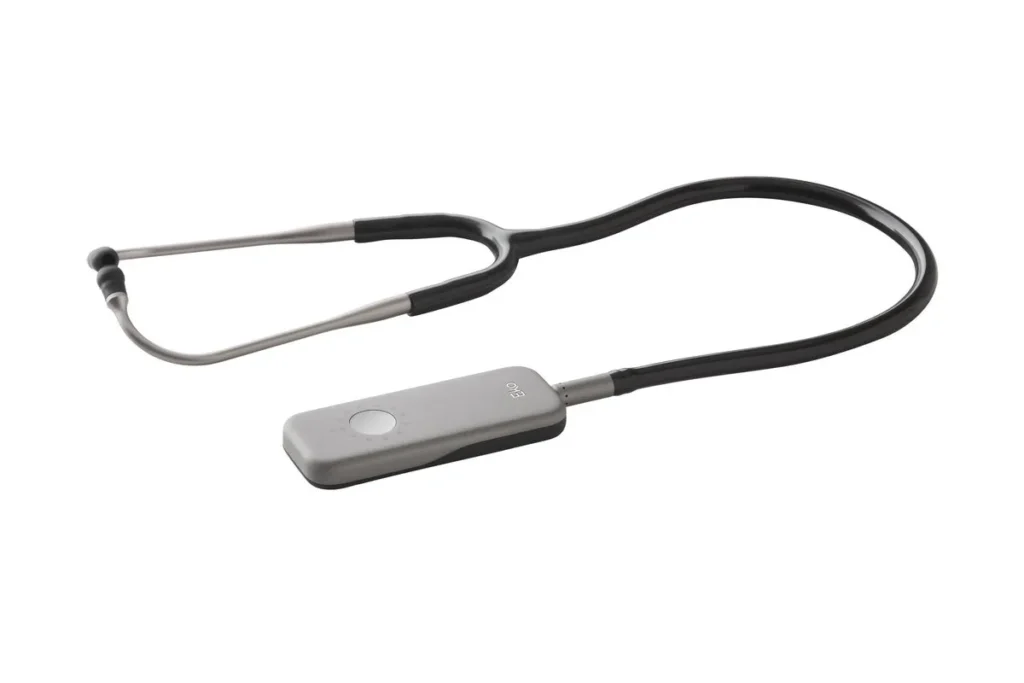A Medical Breakthrough in Heart Health
For over 200 years, the stethoscope has been a vital tool for doctors to listen to a patient’s heartbeat. Now, researchers at Imperial College London and Imperial College Healthcare NHS Trust have enhanced this classic device with artificial intelligence. The AI stethoscope rapidly detects three critical heart conditions—heart failure, atrial fibrillation (irregular heartbeat), and valvular heart disease—within seconds, enabling faster diagnosis in primary care settings.

Design and Technology: Beyond Traditional Listening
Unlike a conventional stethoscope, this device features a compact chest piece the size of a playing card equipped with an electrocardiogram (ECG) sensor and a phonocardiogram (PCG) microphone. When placed on the patient’s chest, it simultaneously captures electrical heart signals and blood flow sounds. This data is securely transmitted via Bluetooth to the cloud, where AI algorithms analyze it against vast patient databases to identify subtle heart abnormalities invisible to the human ear.
Rapid Detection with High Accuracy
The entire process, from placing the stethoscope to receiving results on a smartphone, takes about 15 seconds. Clinical trials involving over 12,000 patients across more than 200 GP clinics showed that patients tested with the AI tool were:
-
Over 2 times more likely to receive an early heart failure diagnosis
-
Approximately 3.5 times more likely to be identified with atrial fibrillation
-
Nearly twice as likely to have valvular heart disease detected
Importantly, early detection allows patients to receive lifesaving treatments sooner, markedly improving outcomes and lowering emergency hospital admissions.
Clinical Trial and Impact
The large-scale Tricorder study, co-funded by the British Heart Foundation and the UK’s National Institute for Health and Care Research, represents one of the pioneering AI implementations in primary healthcare. Using this technology, healthcare providers can transform typical routine checkups into comprehensive early screenings, reducing missed or late diagnoses.
Practical Use and Future Outlook
The tool is designed for symptomatic patients showing signs like fatigue and breathlessness. Researchers caution against using it for routine screenings in healthy individuals to avoid unnecessary anxiety from false positives.
Plans are underway to expand the device’s use across more NHS practices in the UK. Integration into clinical workflows and sustained use will be key to realizing its full potential in everyday healthcare.
AI Revolutionizing Heart Disease Diagnosis
This AI-enhanced stethoscope marks a major leap forward, combining simplicity, speed, and cutting-edge analysis to tackle often-invisible heart conditions before they become severe. It exemplifies the future of medical diagnostics—quick, smart, and accessible—and could save countless lives by enabling earlier intervention.




